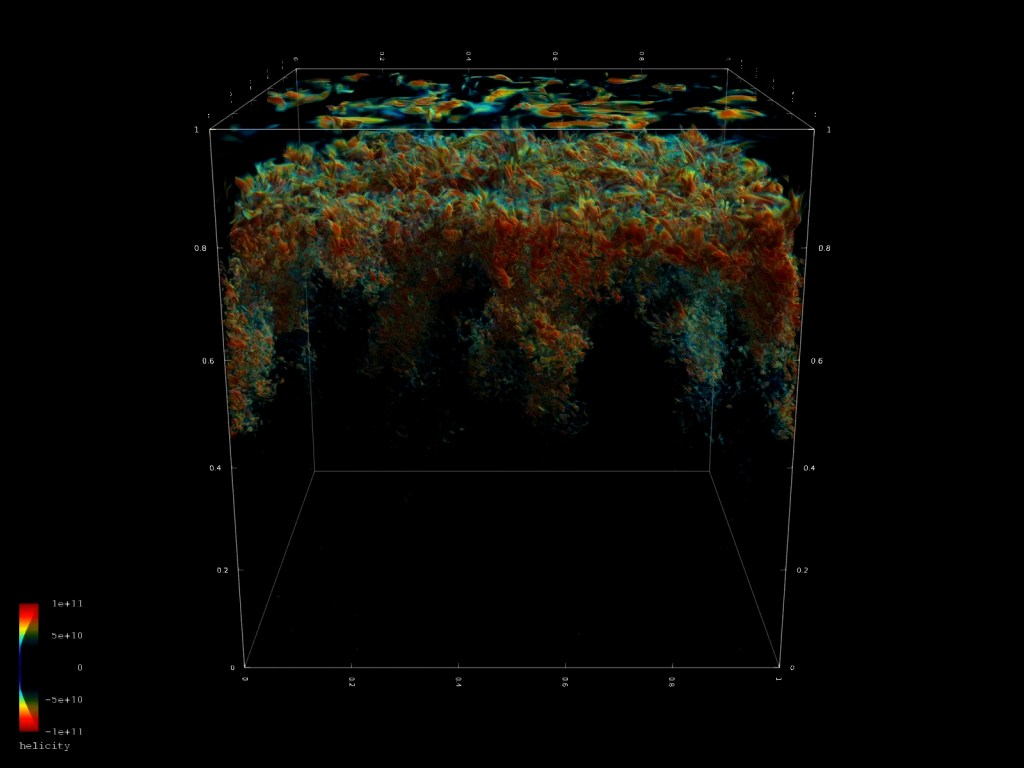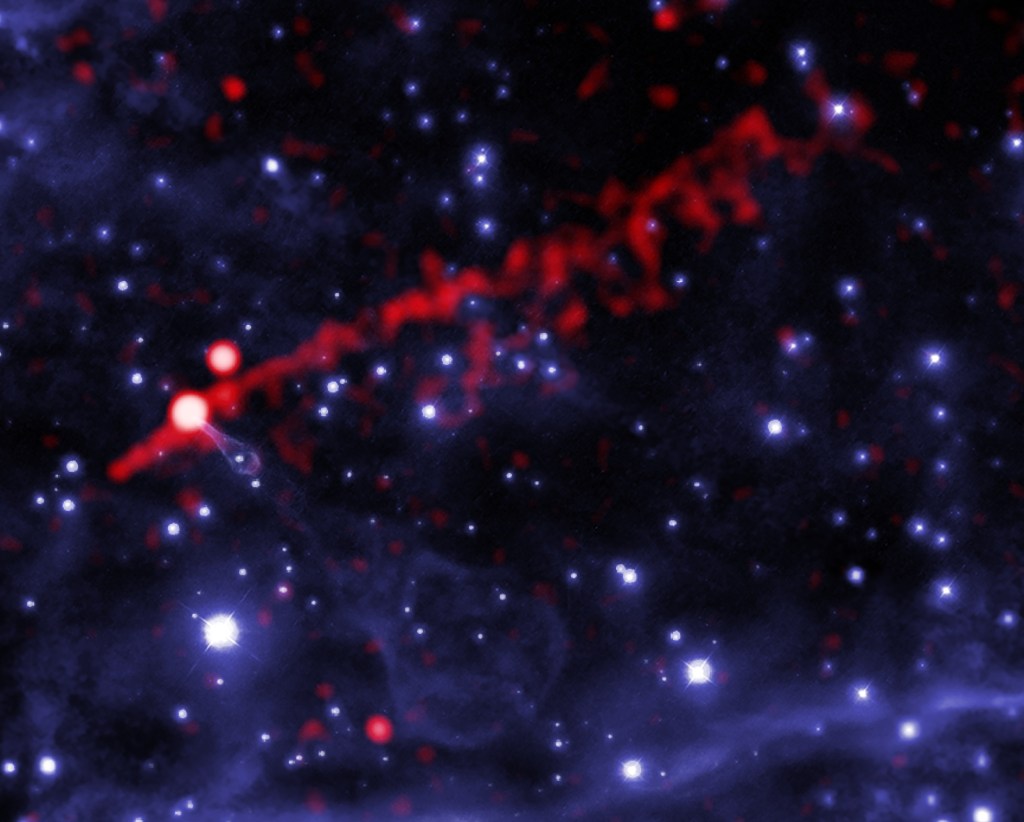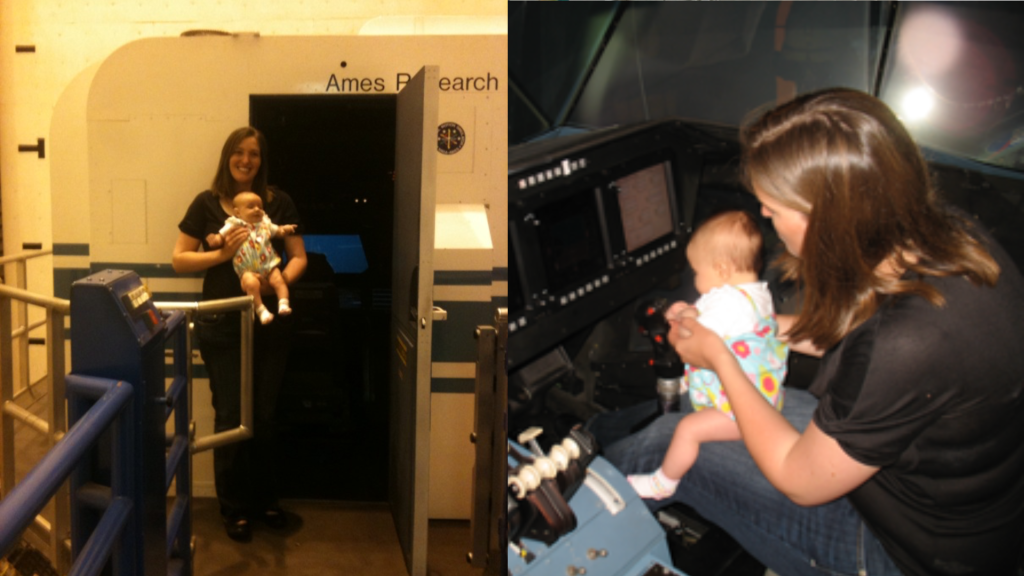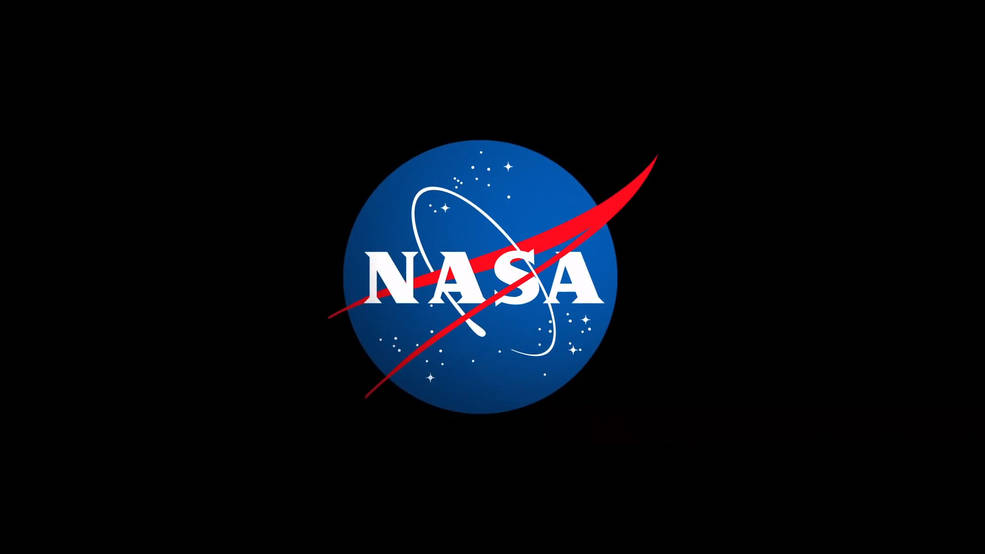NASA selected four companies to perform capability studies with the goal of enhancing its space communication and navigation services in three areas: wideband satellite communications, phased array ground systems, and constellation topology analysis. Through these studies, NASA aims to better understand industry strengths, streamline operations, an
NASA selected four companies to perform capability studies with the goal of enhancing its space communication and navigation services in three areas: wideband satellite communications, phased array ground systems, and constellation topology analysis. Through these studies, NASA aims to better understand industry strengths, streamline operations, and smoothly shift to commercial services for space communication and navigation.
The contract awardees are:
- Cesium Astro of Austin, Texas, for $395,640 (Study Area 1 – Wideband Satellite Communications)
- Swedish Space Corporation of Horsham, Pennsylvania, for $149,028 (Study Area 2 – Phased Array Ground Systems)
- Intuitive Machines of Houston, Texas, for $126,650 (Study Area 3 – Constellation Topology Analysis)
- MTI Systems of Lothian, Maryland, for $91,012 (Study Area 3 – Constellation Topology Analysis)
The awards, under the Next Space Technologies for Exploration Partnerships-2 (NextSTEP-2) Broad Agency Announcement (BAA) Appendix L, are firm fixed-price milestone-based contracts.
“The agency’s overarching goal is to create a reliable, robust, and cost-effective set of commercial services for space communications and navigation in which space mission users can seamlessly “roam” between an array of space-based and ground-based networks,” said Greg Heckler, commercialization lead for NASA’s Space Communications and Navigation (SCaN) at the agency’s headquarters in Washington.
SCaN manages the agency’s two main networks: the Deep Space Network for distant missions and the Near Space Network for missions operating closer to Earth, operated through a mix of government and commercial entities. NASA seeks to create an interoperable architecture composed of a mixture of existing NASA and commercial services. These awards are furthering the agency’s long-term goal of a smooth transition to fully commercialized communications services for near-Earth users.
While each of the awards are diverse in scope, they serve to advance NASA’s understanding of the commercial communications and navigation landscape.
Cesium Astro will take on a forward-thinking study in wideband terminal design that will tap into their technological expertise and established enterprise partnerships.
Swedish Space Corporation, along with the support of Celestia Technologies Group, will conduct an in-depth study on cutting-edge phased array technologies and contribute to the exploration of economically viable lower-cost network solutions.
Intuitive Machines and MTI Systems will provide NASA with insights from satellite constellation crosslink topology studies to inform the agency’s immediate requirements and chart pathways to steer future endeavors.
These studies may add to the evolution of the agency’s Near Space Network and NASA’s vision for a resilient and robust space and ground communications and navigation infrastructure.
NASA’s Near Space Network is managed by the agency’s Goddard Space Flight Center in Greenbelt, Maryland, under the direction of the SCaN program. SCaN continues to pursue regular industry engagement to identify matches between commercial capabilities and future NASA needs.
Learn more about the NextSTEP public-private partnership model at:
-end-
Lora Bleacher
Headquarters, Washington
202-358-1100
lora.v.bleacher@nasa.gov



























